Supreme Court Quashes Cognizance in ED Case Against Rathi Steel
- ByAdmin --
- 03 Jun 2025 --
- 0 Comments
The Supreme Court of India recently quashed the cognizance taken by a trial court in a case filed by the Enforcement Directorate (ED) against Rathi Steel. This landmark judgment underscores the judiciary’s role in upholding the principles of fair trial and legality in economic offenses investigations. This article examines the legal reasoning behind the Supreme Court’s decision, relevant statutes, and the broader implications for similar cases under the Prevention of Money Laundering Act (PMLA) and the Code of Criminal Procedure (CrPC).
Background of the Case
The Enforcement Directorate had initiated proceedings against Rathi Steel under the Prevention of Money Laundering Act, 2002 (PMLA) alleging money laundering activities. The trial court took cognizance of the offence based on the ED’s charge sheet. However, Rathi Steel challenged the trial court’s order in the Supreme Court, arguing that the cognizance was premature and lacked sufficient legal foundation.
Legal Issue
The primary issue before the Supreme Court was whether the trial court was justified in taking cognizance of the offence against Rathi Steel based solely on the ED’s complaint without a detailed inquiry into the sufficiency of evidence.
Relevant Legal Provisions
- Section 19 of the Prevention of Money Laundering Act, 2002
This section empowers a Special Court to take cognizance of offences upon receiving a complaint from the ED. However, the court must be satisfied that the complaint discloses a prima facie case.
- Section 190(1)(b) of the Code of Criminal Procedure, 1973 (CrPC)
This provision governs the conditions under which a court can take cognizance of an offence based on a police report or complaint.
- Article 21 of the Constitution of India
The right to a fair trial, as part of the right to life and personal liberty, mandates that courts ensure procedural fairness before permitting criminal proceedings to continue.
Supreme Court’s Reasoning
The Supreme Court observed that the trial court erred in taking cognizance without conducting a proper prima facie assessment of the materials submitted by the ED. The Court highlighted that:
- The complaint or charge sheet must disclose a credible and substantial case before cognizance can be taken.
- Blind acceptance of the ED’s complaint without scrutiny would violate the principles of natural justice and amount to a denial of fair trial under Article 21.
- Courts have a judicial duty to act as gatekeepers to prevent frivolous or mala fide prosecutions that could cause unwarranted harassment or prejudice to the accused.
The Court further emphasized that the PMLA proceedings, while stringent, do not override the requirement of procedural safeguards embedded in the CrPC and the Constitution.
Impact on Enforcement Proceedings under PMLA
This judgment has significant implications for future ED prosecutions under the PMLA:
- Enforcement agencies must ensure that their complaints or charge sheets are supported by concrete evidence before seeking cognizance.
- Trial courts are required to exercise judicial discretion and not act as mere rubber stamps to ED’s complaints.
- It reinforces the need for balance between effective investigation of economic offences and protection of individual rights.
Comparative Analysis with Earlier Judgments
The Supreme Court’s approach aligns with prior rulings, including:
- Securities and Exchange Board of India v. Sahara India Real Estate Corp. Ltd. (2012): The Court stressed the importance of judicial scrutiny in taking cognizance under economic laws.
- National Insurance Co. Ltd. v. Boghara Polyfab Pvt. Ltd. (2009): Affirmed that courts must ensure prima facie evidence before proceeding.
- Anvar P.V. v. P.K. Basheer (2014): Emphasized the requirement of admissible evidence for establishing prima facie case.
These precedents collectively reinforce the principle that mere allegations or ED’s assertions cannot substitute a judicial determination of the case’s merits at the cognizance stage.
Conclusion
The Supreme Court’s decision to quash the cognizance taken by the trial court in the ED case against Rathi Steel serves as a critical reminder of the judiciary’s protective role against unjust prosecution. It reiterates that procedural safeguards, fair trial rights under Article 21, and statutory mandates under the PMLA and CrPC must be meticulously observed before initiating criminal proceedings.
The judgment encourages enforcement agencies to strengthen their investigations and evidence before filing complaints and compels courts to exercise vigilant judicial oversight to uphold justice and fairness in economic offence trials.





































































































































































































































































































































































































































































































































































































































































































































































































































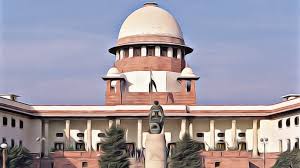

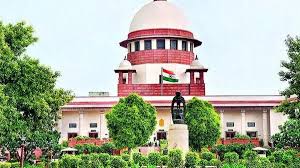









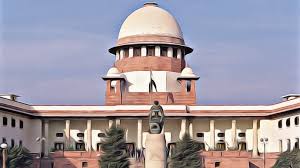




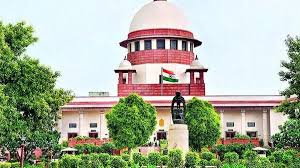




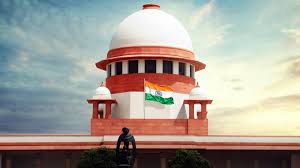



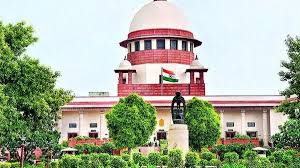

















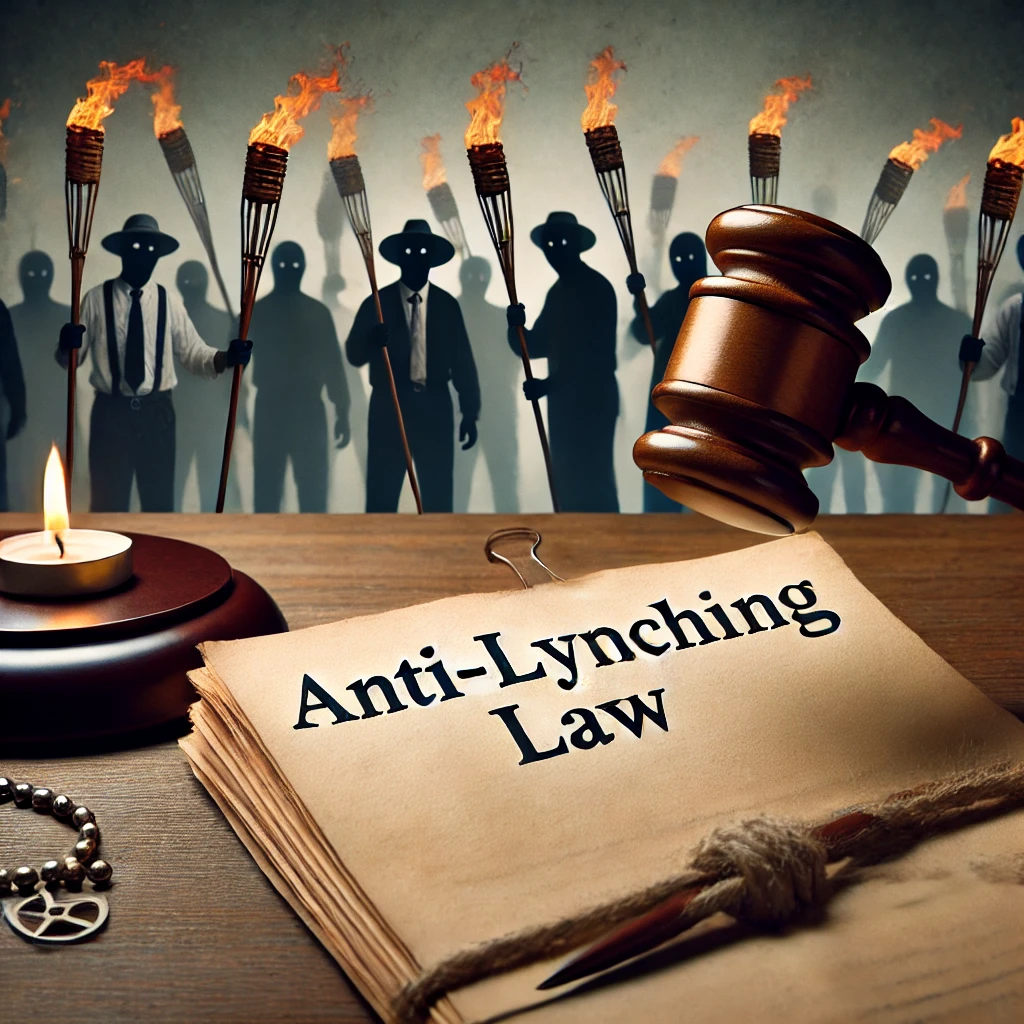
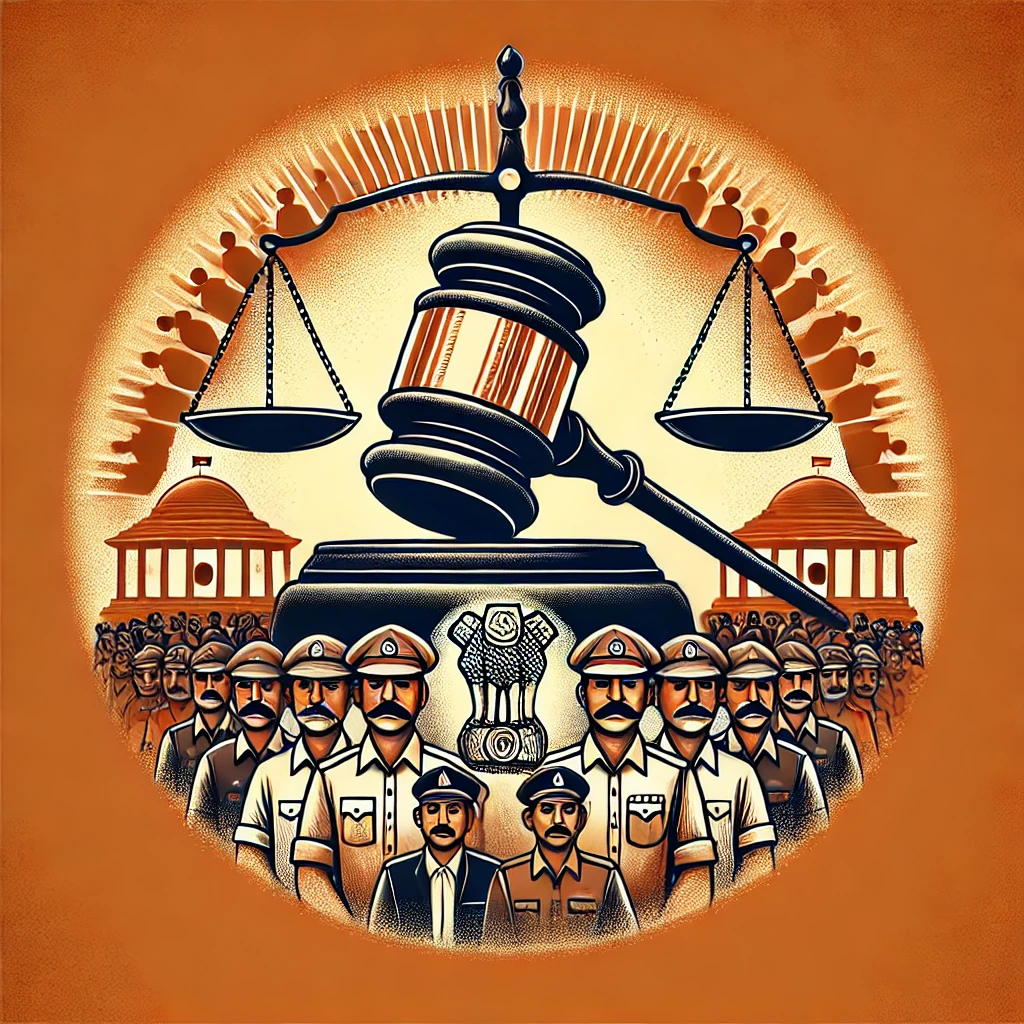


















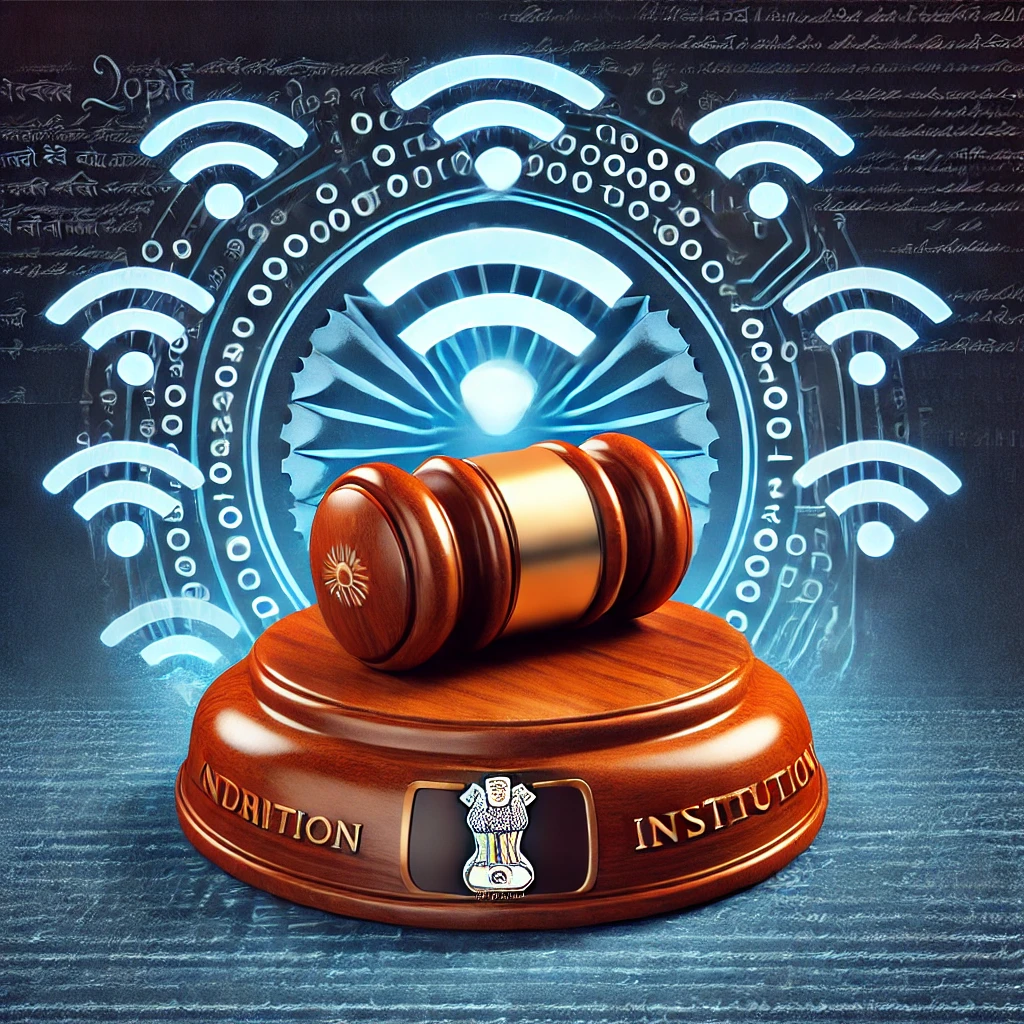


























0 comments